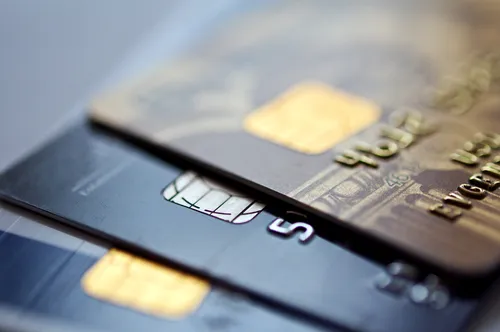 Consumers may jump at the offer of zero percent financing for six or twelve months, but some frustrated shoppers are finding that these deals aren’t as great as they were led to believe.
Consumers may jump at the offer of zero percent financing for six or twelve months, but some frustrated shoppers are finding that these deals aren’t as great as they were led to believe.
Zero percent financing is sometimes attached to what’s called a deferred interest credit card, which gives the consumer a chance to pay off purchases without paying interest. Of course, there can be a catch. Some deferred interest credit card agreements allow the creditor to assess heavy penalties for failing to pay off the entire balance on time or for making a single late payment.
“Zero percent financing” arrangements don’t necessarily mean no interest will be charged. Often the interest is only deferred until after a pre-determined zero-percent period has passed. So for example, under a six-month deferred interest plan, if any balance remains unpaid after the six-month period, the creditor may get to asses six month’s worth of interest on the full original purchase price, all at once.
Not all offers of an initial zero percent interest rate involve deferred interest. Sometimes major credit cards offer new card members an introductory rate of zero percent that switches to the standard annual percentage rate after a set period, without charging interest on the balance from the zero-percent period.
In order to tell what type of deal they’re really getting, it’s important for consumers to read the fine print and pay attention to the terms of the retail store credit card they’re signing up for.
Deferred Interest Credit Card: the Fine Print
Some deferred interest purchase plans threaten the consumer with interest rates as high as 29.99 percent. For customers whose accounts will be managed by Barclaycard, even those with the best credit may only be offered an interest rate as low as 22.9 percent.
Another potential pitfall of a store credit card is the application of payments. Some retailers may reserve the right to decide which purchase to apply a particular payment to, increasing the chances that an older purchase may trigger a heavy interest assessment.
For example, if a customer purchases one item on a deferred interest credit card, then purchases a second item some months later, the retailer may have the option of applying the customer’s payments to the second purchase, unless the consumer asks them to apply the payment a certain way.
That means that as the end of the no-interest period approaches, the balance from the first purchase will remain on the books, putting the consumer at risk for a hefty interest charge.
Some consumer advocates say the terms of these agreements can be so confusing, they could be considered a trap. New regulations enacted since the recent financial crisis govern what card issuers need to disclose to the consumer, but they don’t necessarily regulate how clearly that disclosure is made.
Retailers who offer a deferred interest payment plan must state the applicable interest rate and that interest will be assessed from the purchase date, but they can still bury that information deep within a mass of contractual fine print.
If you applied for a deferred interest store credit card from a retailer such as Kohl’s, Sony, Cabela’s, Forest River, Mor Furniture for Less, Raymour Flanigan, and were faced with unexpectedly high interest charges, you may be eligible to join a class action lawsuit investigation.















One thought on What is a Deferred Interest Credit Card?
Our situation is exactly as you explained above. My wife and I purchased home furniture from Bobs discount furniture. First purchase in May 2015 and second purchase was made in December 2015. We made monthly payments well above the minimum requirement to payoff the first purchase balance. A year later, we have been billed for a years worth of deferred interest payments. A situation that can only mean the Wells Fargo bank(credit card issuer) applied our monthly extra amounts to the second purchase in an effort to get us to owe more balance on the first purchase and pay the huge deferred interest amount of $867 on the first purchase balance. This practice is deceptive and misleading. It leaves the consumers without meaningful protection against the credit card vultures of our society. What can we do to remedy the situation at this point, beyond paying for such high interest financing? Any advice will be appreciated.